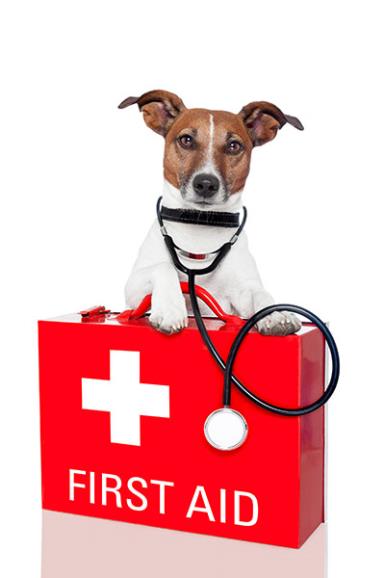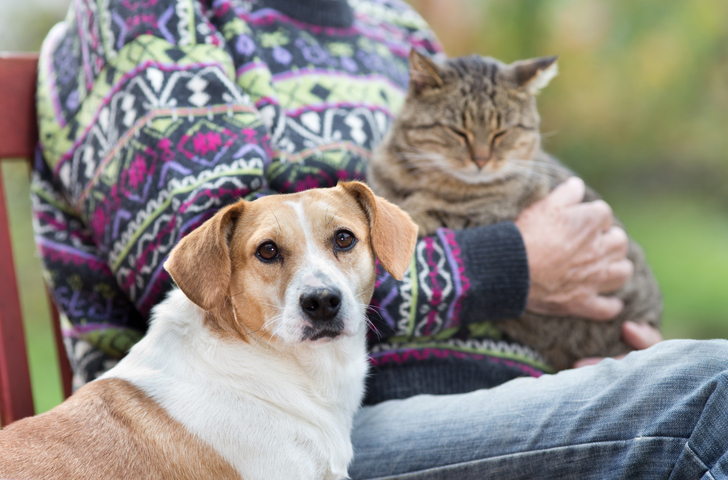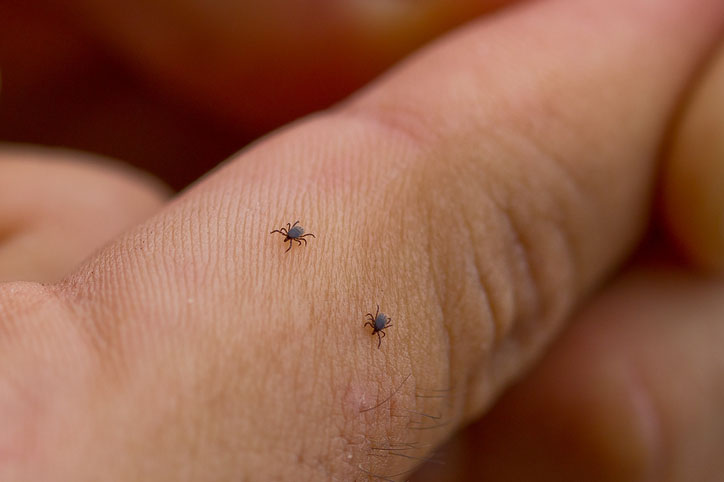This section discusses a range of topics that are important to pet owners, such as emergency care, traveling with a pet, drugs and vaccines, and the human-animal bond.
Special Pet Topics

-
Emergencies
-
-
Emergency Care for Dogs and Cats
-
-
-
- Lightning Strike and Electrocution
-
-
-
Diagnostic Tests and Imaging
-
Infections
-
Diseases Spread from Animals to People (Zoonoses)
-
Drugs and Vaccines
-
-
How Drugs are Given in Animals
- Effect of Drug Treatment on the Fetus or Newborn Pet
- Guidelines for the Use of Antibiotic Drugs
-
Drugs Used to Treat Heart and Blood Vessel Disorders
-
Drugs Used to Treat Digestive Disorders
-
Drugs Used to Treat Eye Disorders
- Drugs Used to Treat Bone and Muscle Disorders
-
Drugs Used to Treat Brain, Spinal Cord, and Nerve Disorders
- Drugs Used to Treat Reproductive Disorders
-
Drugs Used to Treat Lung and Airway Disorders
-
Drugs Used to Treat Skin Disorders
-
Drugs Used to Treat Kidney and Urinary Tract Disorders
- Antiviral Drugs
-
Drugs Used to Treat Inflammation
- Drugs Used to Treat Cancers and Tumors
-
-
-
Pain Management
-
Poisoning
-
Travel with Pets
- Introduction to Travel with Pets
- Travel with Service Animals
-
-
Regulations Regarding Travel with Animals
- Vaccinations and Preventive Medications for Travel with Pets
-
Returning to the United States After Travel Abroad with Pets
- Where to Stay when Traveling with Pets
- Travel by Car
- Air Travel
- Travel by Ship
- Travel by Train
-
Alternatives to Travel with Pets
-
Health and the Human-Animal Bond
-
Cancer and Tumors
Special Pet Topics Sections (A-Z)
Cancer and Tumors
The rate of cancer among dogs and cats is similar to the rate of cancer among humans. Cats seem to get cancer a little less frequently than humans while dogs seem to develop cancer slightly more frequently than humans. For most species, the chance that a pet will contract cancer goes up with age. For example, cancer is most common in pets that are 10 years old or older. Among dogs aged 10 or more, just under half of the deaths are due to cancer. However, even young animals can develop cancer; age is not the only factor involved in cancer development.
Diagnostic Tests and Imaging
When you have a health problem, your doctor will order blood tests, x-rays, or other tests to help pinpoint the cause of the problem. When your pet has a health problem, your veterinarian will often order similar tests to determine the cause and seriousness of your pet’s condition. Depending on the tests needed and the facilities available at your veterinarian’s clinic, the tests may be performed in-house at the clinic or at a specialized laboratory or test facility in another location.
Diseases Spread from Animals to People (Zoonoses)
Diseases that are passed from animals to people (called zoonotic diseases or zoonoses) present an ongoing public health concern. Many organisms (such as bacteria and viruses) that infect animals can also cause disease in people. These organisms can be passed on in a number of ways. Contact with the animal itself is one way that disease is spread, but other ways include contact with urine, feces, or respiratory secretions of an infected animal, or contact with other items in the animal’s environment. Disease can also be spread through scratches or bites by a pet, or by insects that carry the infection from animals to humans.
Drugs and Vaccines
If your pet has been diagnosed with a condition or disease that can be managed or cured, your veterinarian will discuss treatment options. He or she will recommend drugs that are necessary, safe, and effective for both the individual animal and the specific disorder. For many conditions, there are a variety of drugs that might be considered as an appropriate treatment. When selecting one to prescribe, veterinarians also consider the dose (amount), the method of action, how often to give the chosen drugs, the best way to give the drug, the particular form (for example, pills, liquid, or ointment) to be used, any public health or environmental effects, and local and state regulations.
Emergencies
Health and the Human-Animal Bond
Infections
Pain Management
Poisoning
Poisoning occurs when a toxic substance is swallowed, inhaled, or absorbed after coming in contact with the skin, eyes, or mucous membranes. Poisoning is also called toxicosis or intoxication. Because pets are unable to tell whether a substance is poisonous or not, they are often poisoned by eating something toxic, such as antifreeze or a poisonous plant. Pets can also be poisoned by a sting or bite from a venomous insect or snake, or even by a well-intentioned owner giving human drugs that are poisonous to animals.
Travel with Pets
This chapter provides basic information on traveling with your pet, both within the United States and internationally. While the focus is on the United States as the “home country,” many of the principles and suggestions are applicable to travel within or between other countries. Some of the issues facing owners who want or need to travel with their pets will also be addressed. Where complete discussion of a particular issue is not possible, places to obtain additional information are suggested. Alternatives to traveling with your pet are also discussed, because sometimes it is not possible or in your pet’s best interest to bring it with you on your travels.
Also of Interest
Test your knowledge
The acronym SLUD stands for salivation, lacrimation, urination, and defecation, which are the clinical signs associated with muscarinic cholinergic overstimulation caused by certain toxins. Signs of SLUD are most consistent with exposure to which of the following classes of chemicals?





